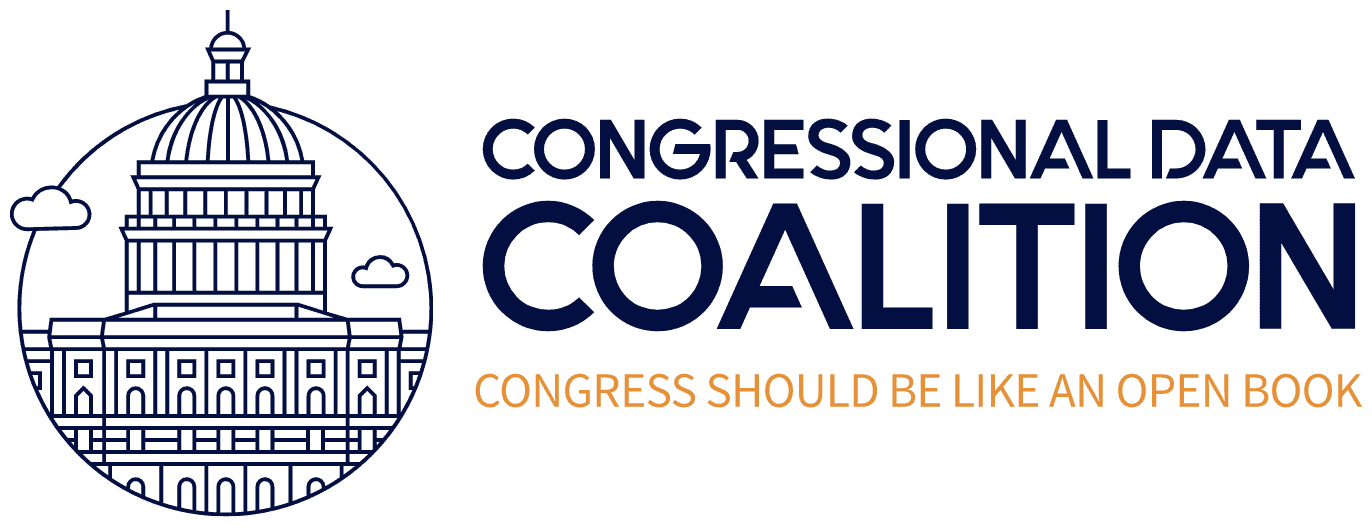By: Casey Burgat
The House Appropriations Committee approved Fiscal Year 2018 appropriations via a June 29 voice vote. The bill calls for $3.58 billion of funding for House and joint-chamber operations (Senate-specific items are not included), a full $100 million more than the enacted FY2017 funding levels. It should, however, be noted that the FY2018 appropriation is much lower than the appropriation of FY2010.
On the same day, the committee released a full report explaining the appropriating rationale.
What is actually included in the bill? Who won and who lost the funding battles?
